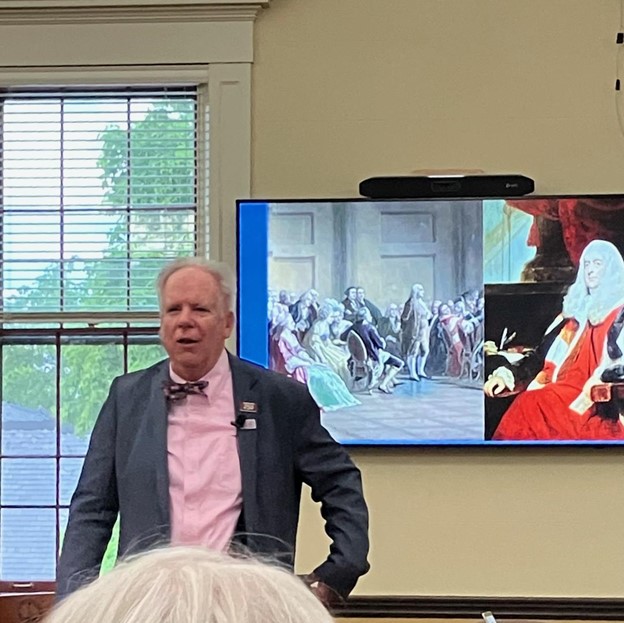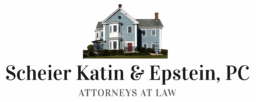On May 29th, the Acton 250 Committee again hosted a riveting lecture at Acton Town Hall, entitled The Empire Strikes Back and Resistance becomes Revolution (the critical changes occurring in the year 1774). Suffolk University Professor and Chairman of Revolution 250, Robert Allison delved into the intricate web of events leading up to the pivotal battle at Concord during the American Revolution. The years 1773 and 1774 marked the genesis of resistance against British rule in Massachusetts, with Governor Thomas Hutchinson and Benjamin Franklin playing crucial roles.
Hutchinson’s allegiance to the Crown sparked skepticism among local leaders, leading to his downfall after letters revealing his loyalty were exposed by Benjamin Franklin. His replacement, General Thomas Gage, intensified tensions by enacting measures such as paying judges to favor England, which incited public outcry and led to the impeachment of Judge Peter Oliver – the one judge who refused to give up his new salary.
Parliament’s actions further escalated the situation, with the Boston Port Act closing Boston’s port and prompting defiance from figures like Josiah Quincy. Support from Virginia, as evidenced by the Fairfax Resolves, bolstered Massachusetts’ resistance against British oppression. The Massachusetts Government Act then centralized power under Gage, triggering widespread resistance and protests. Attempts to disarm colonists only fueled discontent, with citizens forcing officials like Thomas Oliver out of office and mobilizing to reclaim seized munitions.
Gage’s and Parliament’s subsequent Acts, including the Impartial Administration of Justice Act which allowed Americans to be transported back to England for trials and sentencing, exacerbated tensions, leading to widespread disobedience and solidarity against the these Coercive Acts, dubbed the Intolerable Acts in the colonies.
As dissent grew, the General Assembly, without Governor Gage and with members appointed before the enactment of the Massachusetts Government Act, convened in Salem and later Concord, symbolizing the shift away from British authority. Meanwhile, Franklin and Quincy’s efforts in London revealed a sentiment among ordinary English citizens supportive of the American cause, recognizing the shared stakes in the fight for liberty.
With opposition in London acknowledging the inevitability of war, the rift within the British Empire became palpable, signaling the dawn of the Revolution. This idea was happening in the minds of the people – defining the struggle for freedom.
A lively question and answer session followed Professor Allison’s talk, including queries about where the professor obtained his information, and which writer of the time did he find the most compelling.
This lecture can be viewed via ActonTV as can Professor Allison’s September 2023 Acton 250 lecture From Crown Tensions to Tea Parties.
Kimberly Hurwitz is the Acton 250 beat reporter for Acton Exchange.














